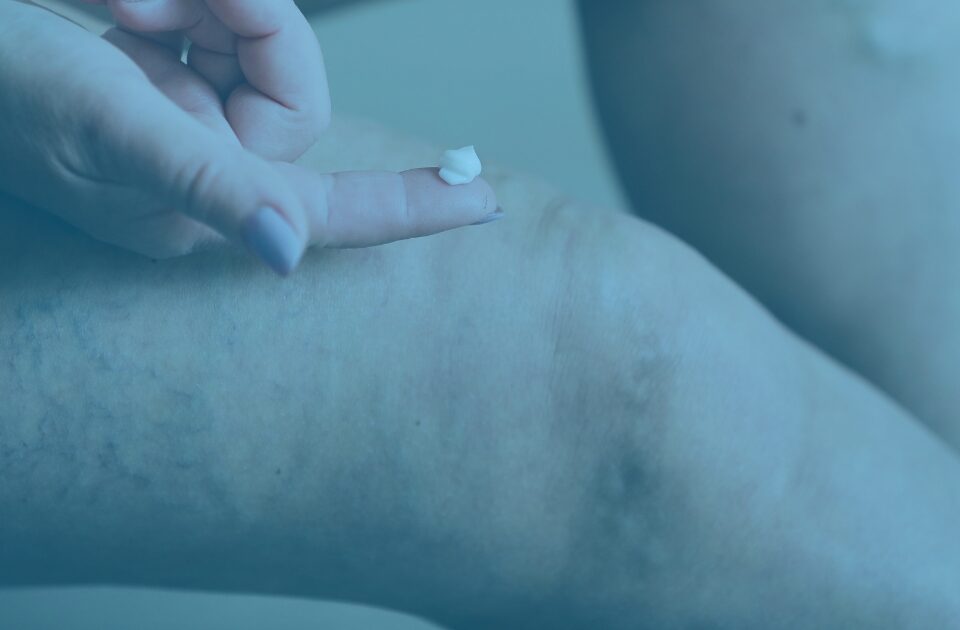
Can I participate in Clinical Trials if I don’t speak english?
March 28, 2025
What does a “Double-Blind” clinical trial mean?
April 22, 2025Participating in a clinical trial is an important decision. One of the most common concerns people have is whether they can withdraw after the study has begun. The answer is yes. This article explains your rights as a participant, the withdrawal process, and the importance of doing so safely and responsibly.
Participation in a Clinical Trial Is Voluntary
One of the most frequently asked questions online is: Can I leave a clinical trial once I’ve started? The truth is that participation in clinical trials is entirely voluntary. As a participant, you have the right to withdraw at any time, for any reason, without facing penalties or compromising your medical care.
Informed Consent Does Not Mean You Must Stay
Before beginning a clinical trial, you go through an informed consent process. This includes detailed information about the purpose of the study, its procedures, potential benefits, and risks. Signing the consent form confirms that you understand what participation entails. However, it does not bind you to complete the study. You are free to leave the trial at any time.
How to Safely Withdraw from a Clinical Trial
While you are free to leave a clinical trial at any moment, it is recommended that you inform the research team about your decision. This allows them to:
- Ensure your safety and monitor for any ongoing effects.
- Provide proper instructions for discontinuing study medications or procedures.
- Document your reason for withdrawal, which can help improve future research.
Clear and respectful communication with the team ensures a smooth and safe withdrawal process.
Your Rights Are Protected by Ethical Standards
All clinical trials are governed by international ethical standards and regulations that protect participants. These include:
- The right to be fully informed.
- The right to make free and independent decisions.
- The right to withdraw at any time.
- The right to continue receiving appropriate medical care, regardless of your decision to leave the trial.
Researchers are required to uphold these rights at all times.
Does Withdrawing Affect the Clinical Trial?
Withdrawing from a trial may have an impact on the study’s progress, but it is a situation anticipated and accounted for in the trial’s design. Your withdrawal can actually provide valuable feedback that helps improve the experience and safety of future participants.
Conclusion
Yes, you can withdraw from a clinical trial at any time. This is your right, and it must be respected without consequence. The most important thing is to be well-informed, maintain open communication with your medical team, and prioritize your health.
If you’re considering joining or withdrawing from a clinical study, speak with your doctor or the research staff to receive proper guidance.
Are you interested in participating in clinical trials in Fort Myers, Florida?
Contact us at C&R Research Services USA. Our mission is to advance medicine through research while prioritizing participant safety, dignity, and well-being.
Contact Information:
C&R Research Services USA
8140 College Parkway, Suite 104
Fort Myers, FL 33919
Phone: (239) 400-0224
Email: info@cresearchusa.com




